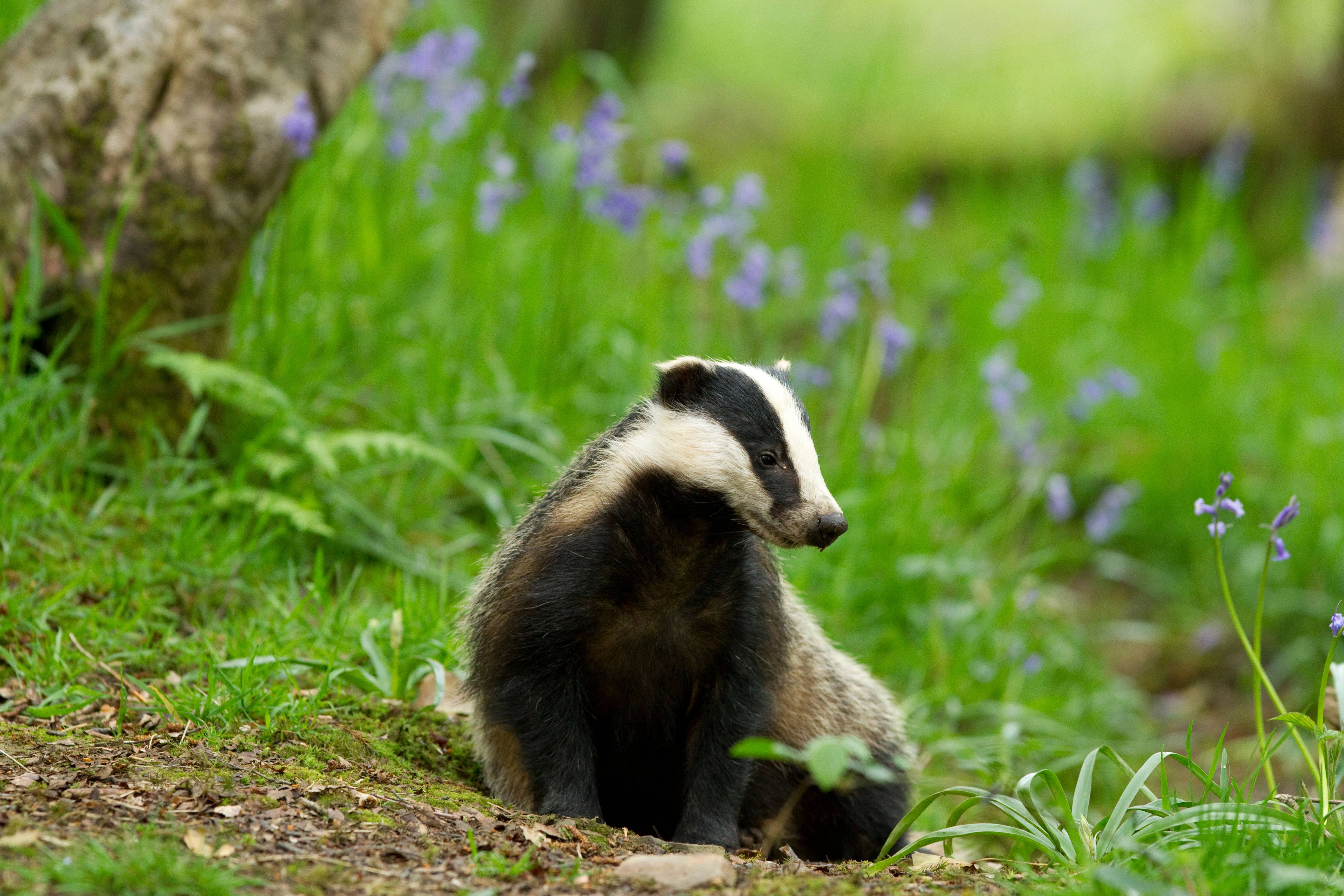Wildlife crime remained at record highs in 2021, report suggests
Wildlife and Countryside Link’s annual report looks at crimes including the persecution of birds of prey, bats and badgers, and plant theft.

Crimes against wildlife, from bats to badgers and bluebells, remained at record levels in 2021 after hitting new highs the previous year, a report has said.
Research using data from nature organisations in the absence of formal statistics reveals there were 1,414 reported wildlife crime incidents last year, not including fishing and fisheries, similar to the number seen in 2020.
Conservation groups warn that the scale of wildlife crime is likely to be far higher.
The annual wildlife crime report, compiled by the Wildlife and Countryside Link coalition of nature groups, also revealed that convictions for most wildlife crimes rose from record lows in 2020.
Wildlife crime soared during the pandemic and remained at record levels this year
The report highlights what can be done with resources, training and legislation, with the focus on tackling hare coursing – including new laws and a nationwide police effort – helping secure an increase in convictions in 2021.
But conservationists warn that the Government’s Retained EU Law Bill could undermine efforts to tackle wildlife crime, as they fear it could lead to the dropping or hasty rewriting of European legislation to protect nature, potentially weakening it.
Nature experts are calling for action to make wildlife crimes notifiable to the Home Office so they are officially recorded in national statistics to help gauge the true extent of the problem.
They also want to see increased resources and training for police forces, reform of wildlife crime legislation, much of which is fragmented and antiquated, and the immediate withdrawal of the Retained EU Law Bill.
The report looks at crimes ranging from the persecution of birds of prey, badgers and bats, to hare coursing and illegal hunting, the illicit wildlife trade, theft of wild bluebells, orchids and fungi, and disturbance of seals and dolphins.
Information was provided by a range of groups including the RSPB, WWF UK, Plantlife and the League Against Cruel Sports.
Analysis showed that reported wildlife crimes apart from fisheries were above 1,400 for the second year in a row, after a jump from 1,056 in 2019 to 1,401 in 2020.
Progress on convictions is positive, and we welcome Defra’s (the Environment Department) efforts to stiffen sentencing, but overall that is of little use while the rate of successful prosecutions remains so low
Reported fisheries crimes, which range from fishing without a rod licence to salmon poaching and illegal sea fisheries activities, stood at 3,337 in 2021, down from 4,163 the year before.
However, the report said many of the “illegal fishing incidents” reported in 2020 were more about perceived breaches of Covid regulations and people being “out” when they should not be, and overall the pandemic had an impact in reducing confirmed fisheries crime.
Elsewhere, the pandemic contributed to high wildlife crime reporting figures in both 2020, in several ways, Wildlife and Countryside Link said.
Opportunistic offenders may have taken advantage of the police focus on enforcing social restrictions to commit crime, while increased use of the countryside and coast meant more members of the public were present to witness and report concerning incidents.
More domestic tourism played a role in increased disturbance of dolphins and other marine mammals.
Wildlife and Countryside Link chief executive Dr Richard Benwell said: “Wildlife crime soared during the pandemic and remained at record levels this year.
The Home Office should make wildlife crime notifiable, to help target resources and action to deal with hotspots of criminality
“Progress on convictions is positive, and we welcome Defra’s (the Environment Department) efforts to stiffen sentencing, but overall that is of little use while the rate of successful prosecutions remains so low.
“The snapshot in our report is likely to be a significant under-estimate of all kinds of wildlife offences.
“To get to grips with these cruel crimes, the Home Office should make wildlife crime notifiable, to help target resources and action to deal with hotspots of criminality.”
He added: “The Retained EU Law Bill threatens to be a serious distraction, and could even lead to important wildlife laws being lost.
“Surely it is better to spend time and money improving laws that are as much as two centuries old, than wasting time reviewing effective environmental laws under the REUL Bill.”
Bookmark popover
Removed from bookmarks